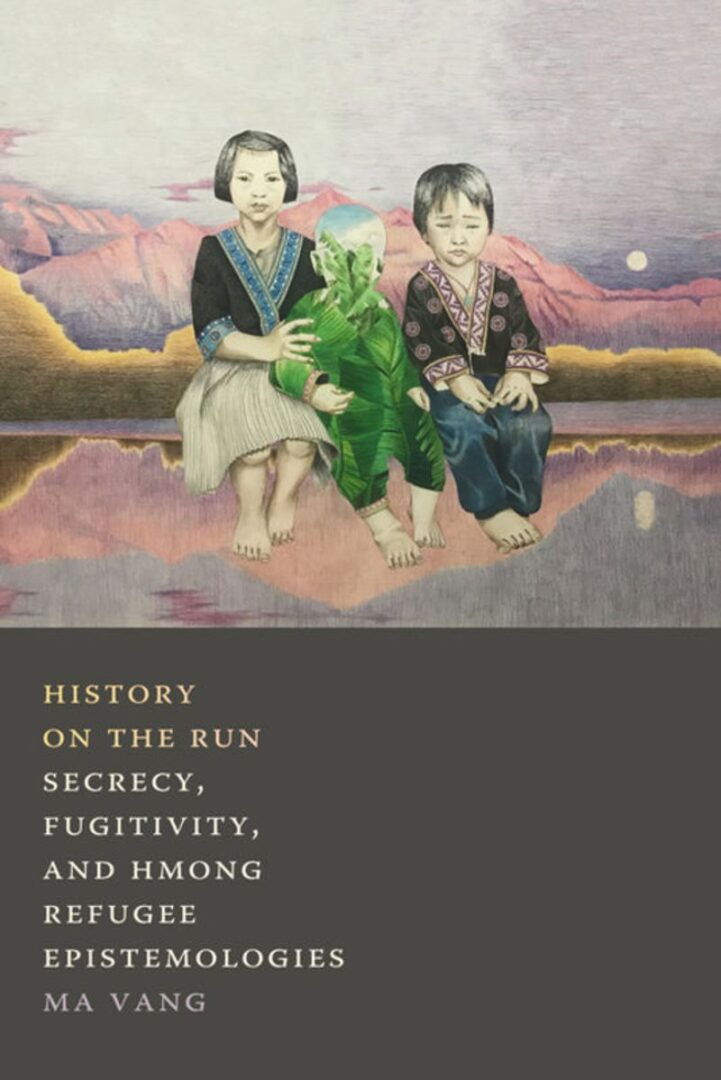In History on the Run: Secrecy, Fugitivity, and Hmong Refugee Epistemologies, Ma Vang deftly answers the question of how one can “recount a history that has systematically been kept secret” by centering Hmong refugees as sources of knowledge and critique (7). Her book scrutinizes the refugee archive to draw out stories that have been secreted away in other places: in a missing baggage claim, in the neutralization of Laos, in redacted documents, in the figure of the uncivilized Hmong soldier, in the naming of a war as “secret,” in the silenced bodies of Hmong women. Her central concept of “history on the run” refers to a form of fugitive knowledge that “does not remain still and cannot easily be found” (8). Vang’s book makes explicit the forms of knowledge that travel with and within refugee bodies, rather than the “official” history of the archive.
